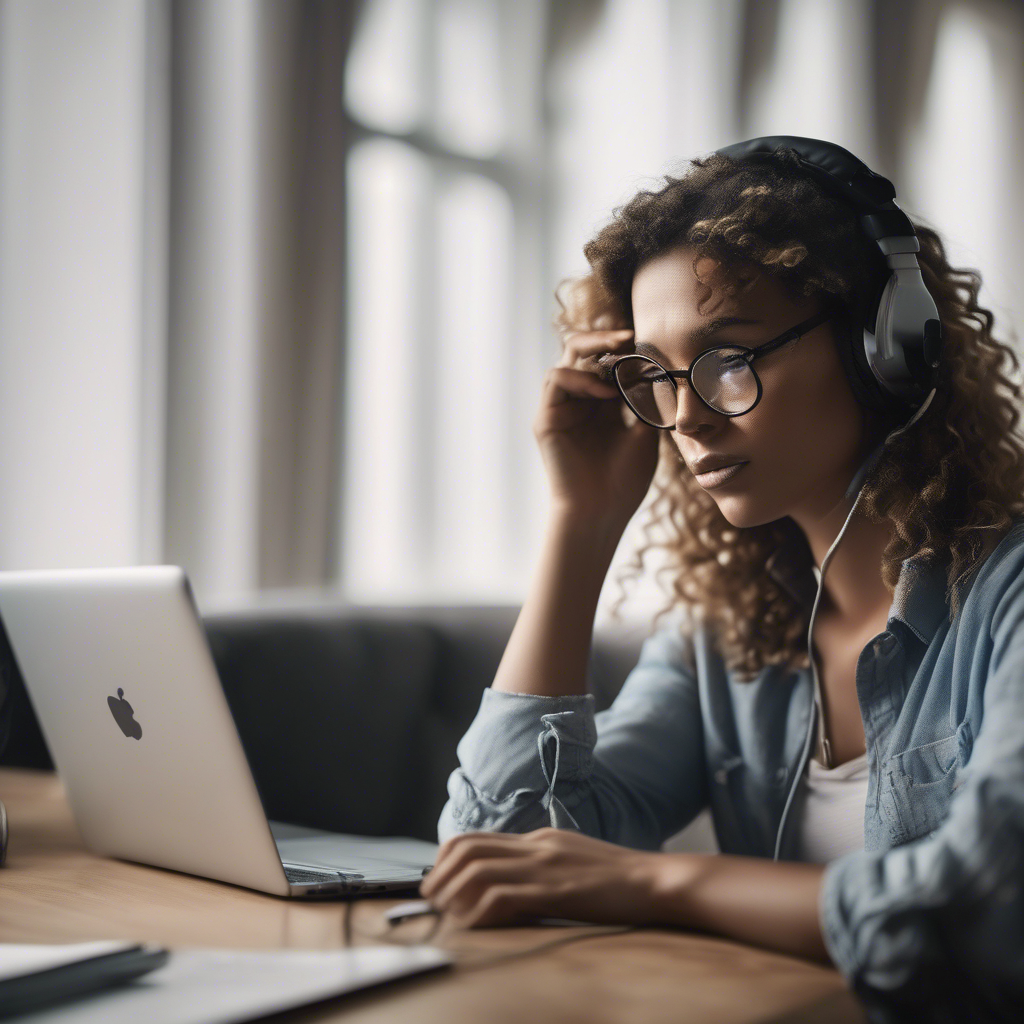Digital Detox: Balancing Screen Time for Better Mental Health

In today’s fast-paced, technology-driven world, our lives are dominated by screens. From the moment we wake up to the time we go to bed, we are surrounded by digital devices. While technology has its advantages, an over-reliance on screen time can negatively impact our mental health. This makes the concept of a digital detox more relevant than ever.
With rising rates of anxiety, depression, and stress-related issues, it’s crucial to understand how excessive screen time contributes to these conditions. In this article, we will explore the importance of balancing screen time, delve into the benefits of a digital detox, and provide practical tips for achieving a healthier relationship with technology.
Readers will learn about the impact of screen time on mental health, strategies for reducing screen time, and the broader benefits of unplugging. By the end, you’ll have actionable insights to help you implement a digital detox and enhance your digital wellbeing.
Understanding the Impact of Screen Time on Mental Health
Excessive screen time has been linked to various mental health issues, including anxiety, depression, and sleep disorders. Studies suggest that increased screen time, particularly on social media, can lead to feelings of inadequacy and loneliness. According to a report by Common Sense Media, teens who spend more than three hours a day on electronic devices are 35% more likely to experience a risk factor for suicide.
The constant barrage of notifications and the pressure to stay connected can lead to stress and burnout. This perpetual connection to technology may prevent individuals from engaging in meaningful, offline interactions, further exacerbating feelings of isolation. Understanding these impacts is the first step in recognizing the importance of a digital detox.
Moreover, the blue light emitted by screens can disrupt sleep patterns by interfering with the production of melatonin, a hormone that regulates sleep. Poor sleep quality is a significant contributor to mental health problems, creating a vicious cycle of digital dependency and deteriorating mental wellbeing.
Benefits of a Digital Detox and How to Implement It
A digital detox involves a conscious effort to reduce screen time and disconnect from digital devices. The benefits of unplugging are numerous, ranging from improved mental health to enhanced productivity. By taking a break from screens, individuals can focus on real-life interactions, explore new hobbies, and enjoy the present moment.
One effective strategy for implementing a digital detox is setting specific goals, such as no screens during meals or a tech-free hour before bed. This helps create boundaries and establish a healthier relationship with technology. Another approach is to designate certain days as “no-tech” days, encouraging time spent outdoors or engaging in activities that don’t require screens.
Real-world examples show that companies adopting digital detox initiatives see increased employee satisfaction and creativity. For instance, Volkswagen famously stopped sending work emails to employees after hours to promote a better work-life balance, highlighting the tangible benefits of reducing screen time.
Practical Tips for Screen Time Management
Effective screen time management is essential for maintaining mental health and achieving a balanced lifestyle. Start by monitoring your screen time using built-in tools on smartphones or apps designed to track digital usage. Understanding your usage patterns can help identify areas for improvement.
Implementing a daily schedule that includes dedicated screen-free time can significantly reduce digital dependency. For instance, allocate specific periods during the day for checking emails and social media, rather than sporadically throughout the day. This structured approach minimizes distractions and enhances focus.
Another practical tip is to create a conducive environment for reducing screen time. Keep electronic devices out of the bedroom to improve sleep quality and establish tech-free zones in the home to encourage offline activities. Engaging in physical activities, such as yoga or walking, can also serve as effective alternatives to screen time, promoting both physical and mental wellbeing.
Technology Balance: Achieving Digital Wellbeing
Achieving a balance between technology use and mental health is crucial for long-term wellbeing. Embracing technology balance involves being intentional with how and when we use digital devices. Mindful usage can prevent the negative consequences associated with excessive screen time.
The concept of digital wellbeing extends beyond personal benefits; it influences our relationships and workplace dynamics. Encouraging open discussions about screen time and its impact can foster a supportive environment where individuals feel empowered to manage their digital habits effectively.
Organizations can play a pivotal role by promoting a culture that values digital balance. By implementing policies that limit after-hours communication and encouraging regular breaks from screens, employers can support the mental health of their workforce, leading to increased productivity and job satisfaction.
For those interested in exploring this topic further, there is a wealth of video content available that delves into the intricacies of digital detox and screen time management. These videos can provide additional insights and practical demonstrations on how to achieve a healthier relationship with technology.

Frequently Asked Questions
What is a digital detox?
A digital detox is a period during which an individual refrains from using digital devices to reduce stress and improve mental health. This break from technology allows people to reconnect with the physical world, engage in offline activities, and develop healthier digital habits.
How does screen time affect mental health?
Excessive screen time can lead to mental health issues like anxiety and depression. Constant exposure to social media and digital notifications can increase stress levels and feelings of inadequacy. Reducing screen time can help alleviate these negative effects and improve overall wellbeing.
What are some strategies for reducing screen time?
Setting specific goals, such as no screens during meals or a tech-free hour before bed, can help reduce screen time. Utilizing apps to monitor usage and creating tech-free zones in the home are also effective strategies. Engaging in hobbies and physical activities can serve as alternatives to screen time.
Can a digital detox improve productivity?
Yes, a digital detox can improve productivity by minimizing distractions and allowing individuals to focus better. By reducing unnecessary digital interactions, people can allocate more time to meaningful tasks, leading to increased efficiency and creativity.
How can organizations support digital wellbeing?
Organizations can promote digital wellbeing by implementing policies that encourage work-life balance, such as limiting after-hours emails and promoting regular screen breaks. Creating a culture that values mental health and open communication about digital habits can enhance overall employee wellbeing.
Conclusion
In conclusion, managing screen time through a digital detox can significantly enhance mental health and overall wellbeing. By understanding the impacts of excessive screen use and implementing practical strategies, individuals can achieve a healthier balance with technology. The benefits of unplugging are vast, from improved productivity to better sleep quality.
Next steps include setting personal boundaries with technology and encouraging open dialogues about screen time in workplaces and communities. By fostering a culture of digital wellbeing, we can collectively enhance our mental health and lead more fulfilling lives.
We invite you to start your digital detox journey today and experience the positive changes it can bring. Whether it’s taking a walk without your phone or designating tech-free zones in your home, every small step counts.
Further Reading
- The Role of Technology in Modern Work-Life Balance
- The Importance of Routine Health Checkups for Mental Wellbeing
- Mindful Technology Use: A Guide to Digital Wellbeing




